Welcome to Wuppertal!
Have you ever been here? Well, even if you haven't, you may already have heard of the city's world-famous landmark: the Wuppertal suspension railway (‘Schwebebahn’). Or of the renowned dancecompany Tanztheater Pina Bausch, which was founded in Wuppertal. And did you know thatWuppertal is the birthplace of the influential philosopher and revolutionary Friedrich Engels?
With more than 363,000 inhabitants, Wuppertal is the 17th largest town in Germany. Located between Rhineland and Ruhr area, it is the economic and cultural heart of the Bergisches Land regionin North Rhine-Westphalia.
In summer 2022, Wuppertal added a new milestone to its diverse history: The city hosted the SDE21/22, the first German edition of the Solar Decathlon Europe.
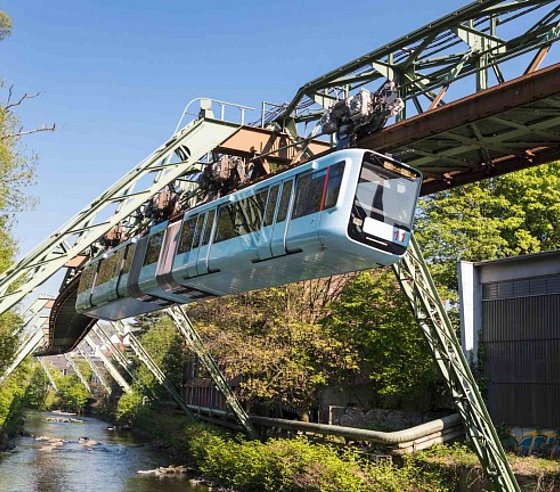
Wuppertaler Schwebebahn © Malte Reiter
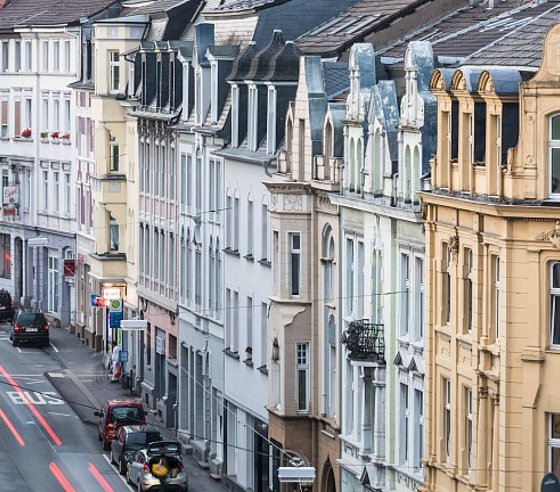
Wuppertal © Malte Reiter
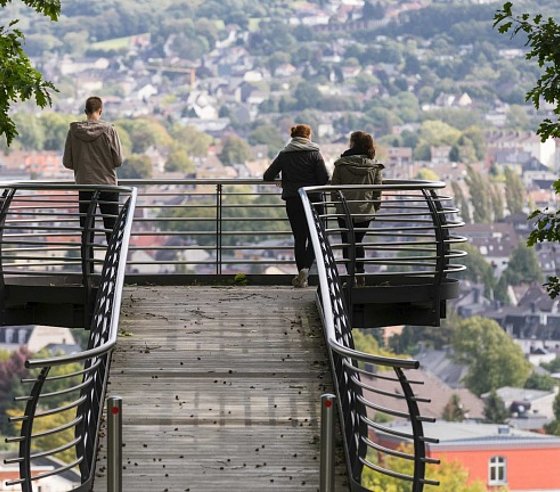
Skywalk in Wuppertal © Malte Reiter
Why Wuppertal?
The answer is simple: Wuppertal is a city that lives transformation. During the 19th and early 20th century, Wuppertal was the hotspot of the German textile industry. Since then, the city has come along way. Challenged by important structural, economic and social change, Wuppertal has evolved into a city with a vibrant arts and cultural scene, and a city that embraces change.
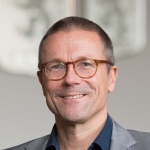
"I am very much looking forward to being your host to SDE 21/22. The teams will present their ideas for our future living – and they will get to know a city which already is on its way to a sustainable future. In the next years we in Wuppertal are going to implement a strategy of climate protection which at the same time is a strategy of economy, investment and qualitiy of life. Let us exchange your and our ideas, let us discuss them and get them going!"
● Uwe Schneidewind, Lord Mayor © Medienzentrum Stadt Wuppertal
A young town with history
Wuppertal is considered the cradle of German industrialisation. Its unique location in the valley of the river Wupper and close proximity to valuable coal, silver and ore deposits provided excellent conditions for the emergence of a flourishing textile industry. In the middle of the 19th century, Wuppertal and its surroundings were one of the biggest economic hubs of Germany.
For a long time, the textile industry remained the town’s most important economic driver. However,the 1970s brought on a range of economic and structural changes as large parts of the textile industry moved to Asia due to globalisation. The ensuing crash of the local textile industry and the partialtransition from a manufacturing to a service industry left many people without jobs. The following years were marked by substantial losses in businesses, population, and appeal. This led to an increasing municipal debt as new industries did not emerge quickly enough. Between 1970 and 2010, Wuppertal saw its population steadily drop.
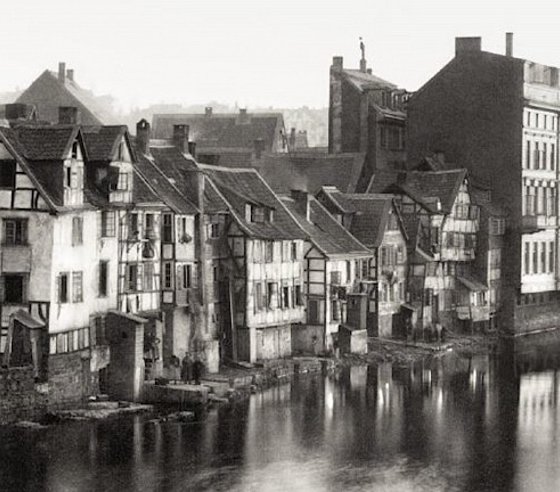
An der Fuhr, early 1880s © Wikimedia
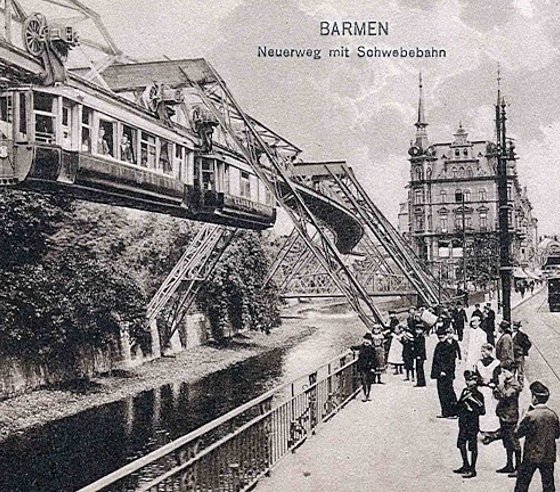
Postcard, around 1914, Barmen. Neuerweg withsuspension railway’ © Wolfgang Sauber | Wikimedia
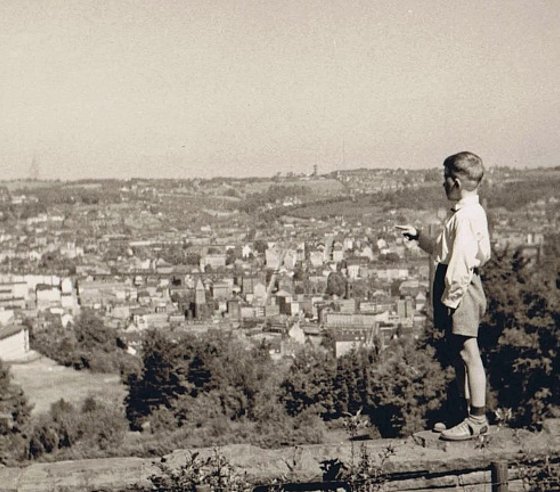
Wuppertal 1958 © Ion Tichy | Wikimedia CC BY-SA 4.0
Urban change from the bottom-up
In recent years, Wuppertal has slowly begun to re-emerge from the downward spiral it had been trapped in for decades. Unparalleled efforts from local residents, companies, neighbourhood associations, and the municipal administration have brought about a remarkable bottom-up transformation. As a result, Wuppertal's population has soared and the appeal of the city has greatly increased.
A crucial aspect of this incredible transformation has been sustainability: Wuppertal joined the Climate Alliance / Alianza del Clima e.V. in 1990. In addition, the city has set the target of reducing CO₂ emissions by ten percent every five years and actively promotes efficient and sustainable energy and construction planning.
Taken together, all these factors made Wuppertal the ideal venue for the Solar Decathlon Europe 21/22 and its numerous activities, events and research projects.
